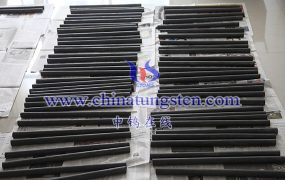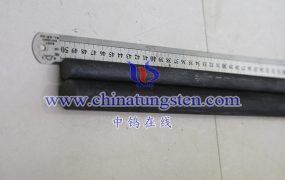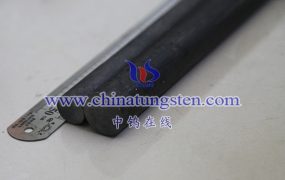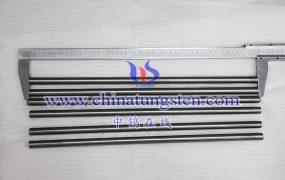Titanium zirconium molybdenum (TZM) alloy has good high temperature stability and can work for a long time in a high temperature environment. It is mainly manifested in the following aspects:
Resistance to heat softening: TZM alloys can maintain a certain hardness and strength at high temperatures, and are not prone to heat softening. Adding zirconium and titanium elements to molybdenum can improve the high-temperature plasticity and thermal expansion resistance of molybdenum, thereby improving the thermal stability of the alloy.
Oxidation resistance: TZM alloy has excellent oxidation resistance in high-temperature oxidizing atmosphere, and can resist oxidation, corrosion and ablation. The addition of zirconium and titanium in the alloy can prevent the continued diffusion of the oxide layer on the molybdenum surface, thereby improving the oxidation resistance.
Corrosion resistance in high temperature environment: TZM alloy has good corrosion performance in high temperature acid, alkali and salt solution, and can work stably for a long time in extreme high temperature and corrosive environment. In addition, TZM alloy also has good thermal fatigue resistance and low thermal expansion coefficient, which is suitable for high temperature thermodynamic circulation system and high temperature mechanical parts.
In general, TZM alloys have good thermal stability in high-temperature environments, and have a wide range of high-temperature application prospects.
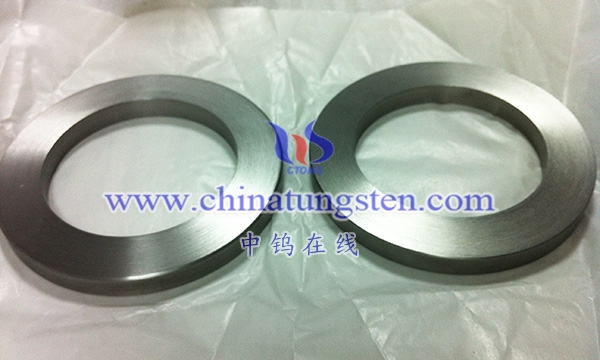
More details of molybdenum or molybdenum alloy products, please visit website: http://molybdenum-alloy.com/index.html
Please contact CHINATUNGSTEN for inquiry and order of molybdenum alloy products:
Email: sales@chinatungsten.com
Tel.: +86 592 5129595


